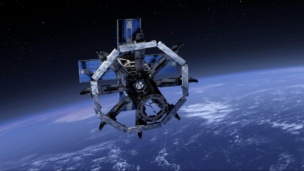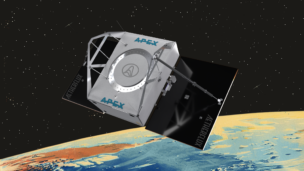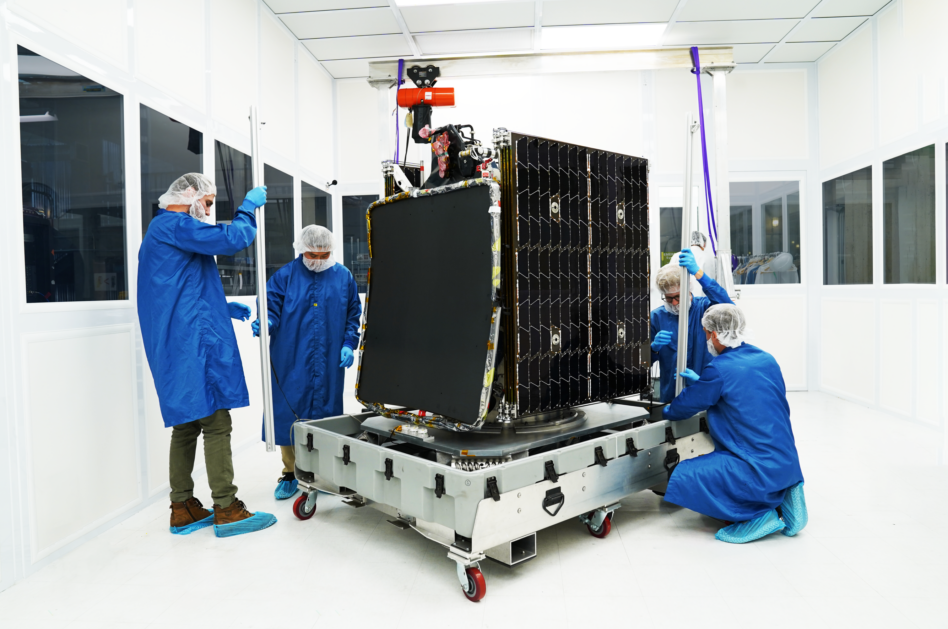Yesterday, the European Investment Bank (EIB) announced that it will lend €300M (~$323M) to Luxembourg-based SES to finance a trio of broadcast satellites that will serve Western Europe, Africa, and the Middle East. It’s the largest investment the EU’s investing arm has made to date into a Luxembourg-based company.
ESA head Josef Aschbacher has repeatedly reaffirmed his support for the private space industry across the EU, emphasizing the need to compete with the US and China in orbit. In a press release, EIB pointed out that the seven-year loan represents their support of the European space economy.
Suzanne Ong, VP of external communications for SES, told SpaceNews that the financing covers about half of the overall program cost. The satellites, procured from Thales Alenia Space, are currently slated for launch in 2024.
A step back: NASA has employed a winning strategy of late, buying services and products from the private sector rather than managing large projects in-house.
Some aren’t convinced that European private capital markets could accommodate a NASA-esque approach across the pond.
In an FT op-ed published Wednesday, Sinead O’Sullivan, a senior researcher at HBS, argued that Europe should take a different tack when procuring space infrastructure from the commercial markets.
The private capital markets, she wrote, are constrained in two ways: 1) European venture funds are smaller and unprepared to back large infrastructure projects in space, and 2) these funds often can’t tackle large, complex, and risky defense endeavors.
“Aschbacher’s desire to have governments act as a customer-of-first-resort for European space start-ups is admirable,” O’Sullivan wrote. “But one forward-thinking man cannot bend an industry to his will.”
Payload’s takeaway: The public-private models in the US and EU are quite divergent, and that won’t change overnight.





